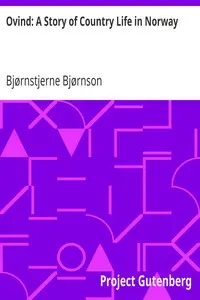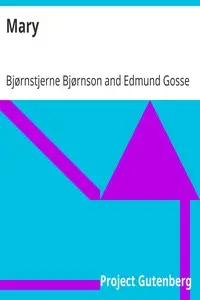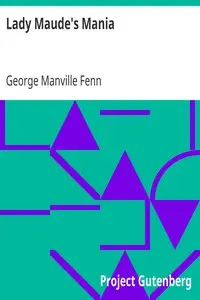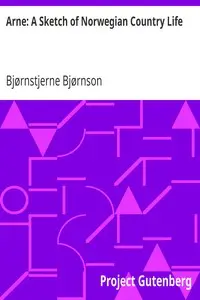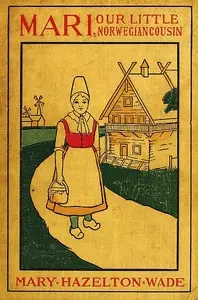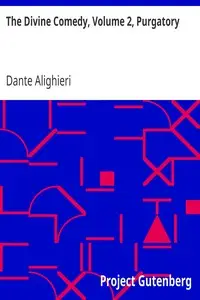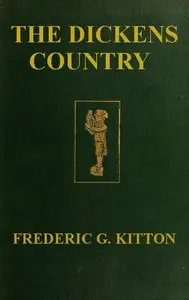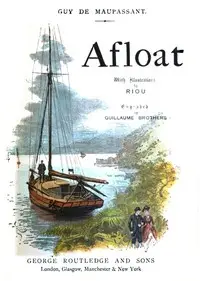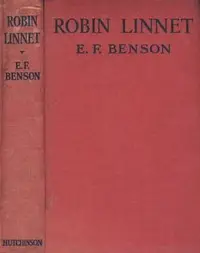"The Bridal March; One Day" by Bjørnstjerne Bjørnson is a story set in the late 1800s, where the lives of two families in the Norwegian countryside become deeply connected through love and music. The main characters, Aslaug, who is from a poor family, and Knut, a wealthy farmer's son, find themselves falling in love which starts a chain of events that affects generations to come. Ole Haugen, a talented fiddler, makes a beautiful Bridal March that becomes important to the couples in the story. Aslaug and Knut's granddaughter, Mildrid, has to make tough choices about her future and her relationship with Hans Haugen, who is related to Ole. Their love story happens while they deal with expectations from their families and the opinions of their community, creating a story full of emotions and difficult decisions.

The Bridal March; One Day
By Bjørnstjerne Bjørnson
In rural Norway, a fiddler's melody intertwines the fates of families across generations, as forbidden love clashes with societal expectations, and the pursuit of happiness becomes a battle against destiny.
Summary
About the AuthorBjørnstjerne Martinius Bjørnson was a Norwegian writer who received the 1903 Nobel Prize in Literature "as a tribute to his noble, magnificent and versatile poetry, which has always been distinguished by both the freshness of its inspiration and the rare purity of its spirit". The first Norwegian Nobel laureate, he was a prolific polemicist and extremely influential in Norwegian public life and Scandinavian cultural debate. Bjørnson is considered to be one of the four great Norwegian writers, alongside Ibsen, Lie, and Kielland. He is also celebrated for his lyrics to the Norwegian national anthem, "Ja, vi elsker dette landet". The composer Fredrikke Waaler based a composition for voice and piano on a text by Bjørnson, as did Anna Teichmüller.
Bjørnstjerne Martinius Bjørnson was a Norwegian writer who received the 1903 Nobel Prize in Literature "as a tribute to his noble, magnificent and versatile poetry, which has always been distinguished by both the freshness of its inspiration and the rare purity of its spirit". The first Norwegian Nobel laureate, he was a prolific polemicist and extremely influential in Norwegian public life and Scandinavian cultural debate. Bjørnson is considered to be one of the four great Norwegian writers, alongside Ibsen, Lie, and Kielland. He is also celebrated for his lyrics to the Norwegian national anthem, "Ja, vi elsker dette landet". The composer Fredrikke Waaler based a composition for voice and piano on a text by Bjørnson, as did Anna Teichmüller.



